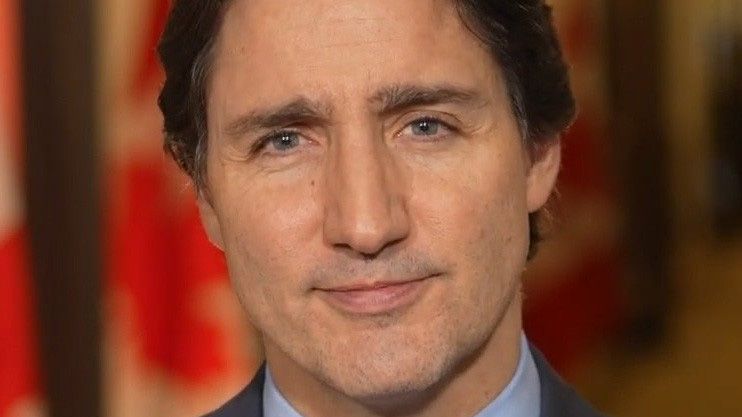Canadian Prime Minister Justin Trudeau’s announcement on Monday that he’s stepping down could clear a path for a less crypto-resistant government there, though the provincial governments have a leading role in determining Canada’s digital assets future.
“I intend to resign as party leader, as prime minister, after the party selects its new leader,” Trudeau said in a press conference, citing “internal battles” disrupting his governance. “I cannot be the one to carry the liberal standard into the next election.”
Trudeau said he’ll leave his 11-year position as leader of the Liberal Party and the role of prime minister that he’s occupied since 2015. Critics of Trudeau in the crypto community denounced government sanctions on digital wallets during the 2022 Freedom Convoy protests.
The government’s freezing crypto accounts reverberated beyond Canada, and became a rallying cry among U.S. Republican lawmakers during the 2024 elections. Those politicians used that situation as a primary example of the dangers of allowing central bank digital currencies (CBDCs) that could establish government intrusions into crypto transactions.
The general election in Canada is fast approaching by October, and the Conservative Party’s Pierre Poilievre is sitting on a strong advantage, according to polling. He’s also won cross-border appeal with many of U.S. President-election Donald Trump’s supporters.
Poilievre had been a vocal supporter of digital assets in the past but has more recently been relatively quiet on the topic.
In Canada, however, securities are a provincial affair, and as there is no national securities regulator like the U.S. Securities and Exchange Commission, the influence the next leader of the Liberal Party of Canada – and thus prime minister – or Poilievre could have is limited.
Instead, the Canadian Securities Administration (CSA), an umbrella regulatory body made up of provincial regulators, will have more say over what’s next in crypto.
One possible contender to replace Trudeau is Mark Carney (as the race hasn’t yet started he hasn’t formally announced his candidacy), recruited from the Bank of Canada, Carney was the former governor of the Bank of England, where he had a lot to say about crypto and stablecoins.
“Tokens at the heart of programmable networks will have to remain just that, of token value,” he said during a 2021 lecture at the Bank of International Settlements.
Carney also said that highly regulated stablecoins are the only way they could be successful, and, if strictly regulated, “what would then differentiate them from CBDCs?”
